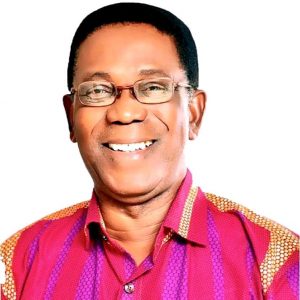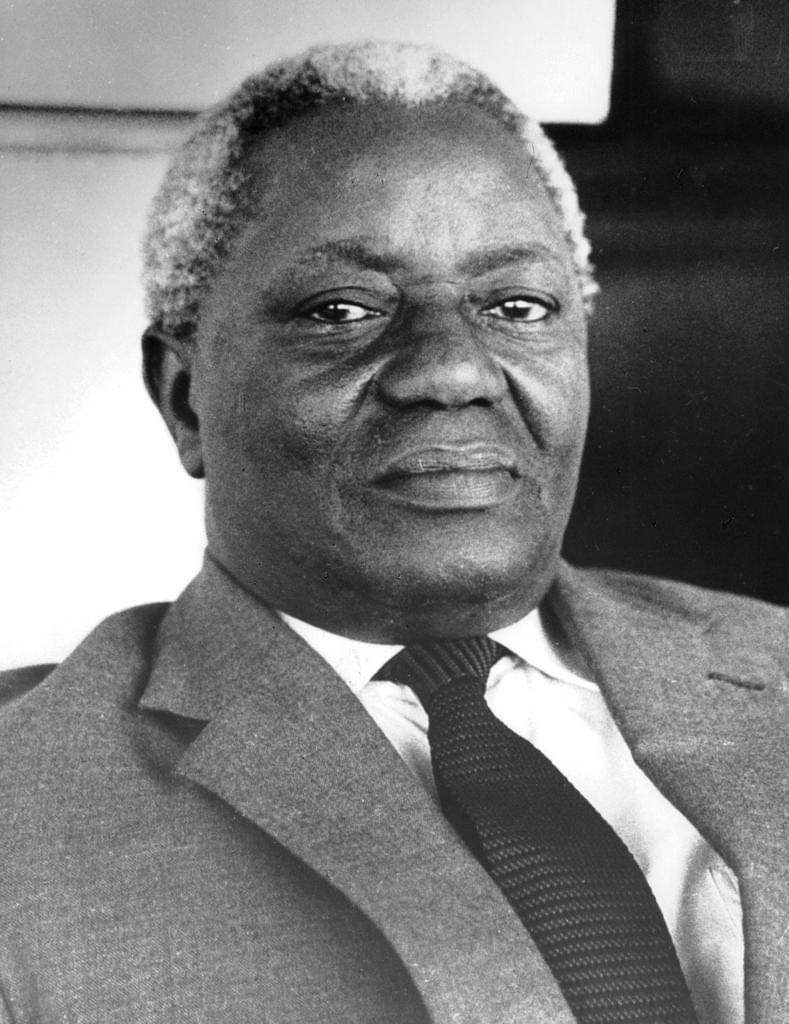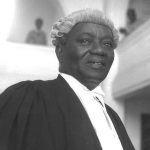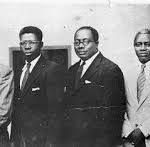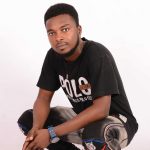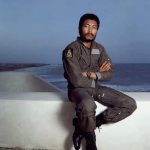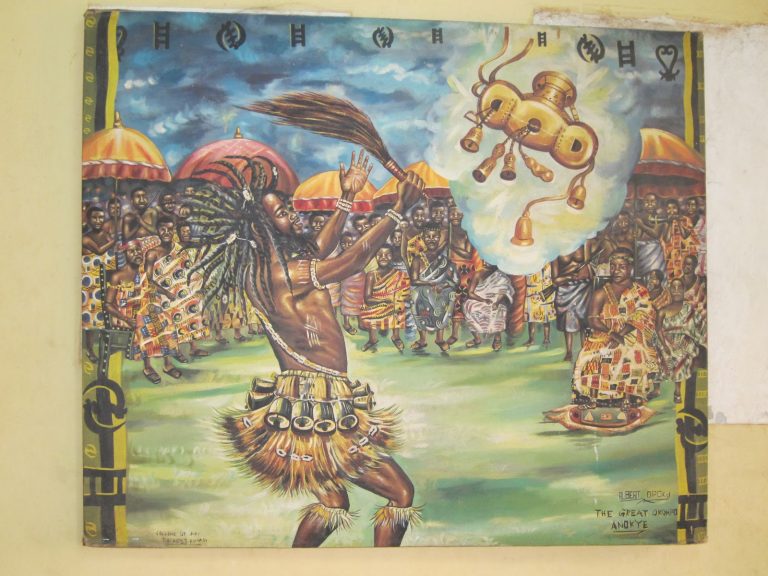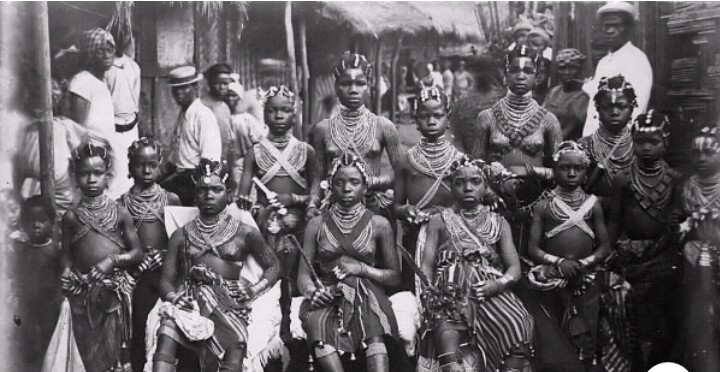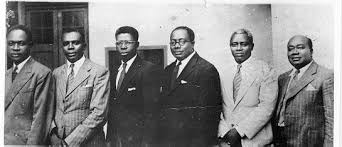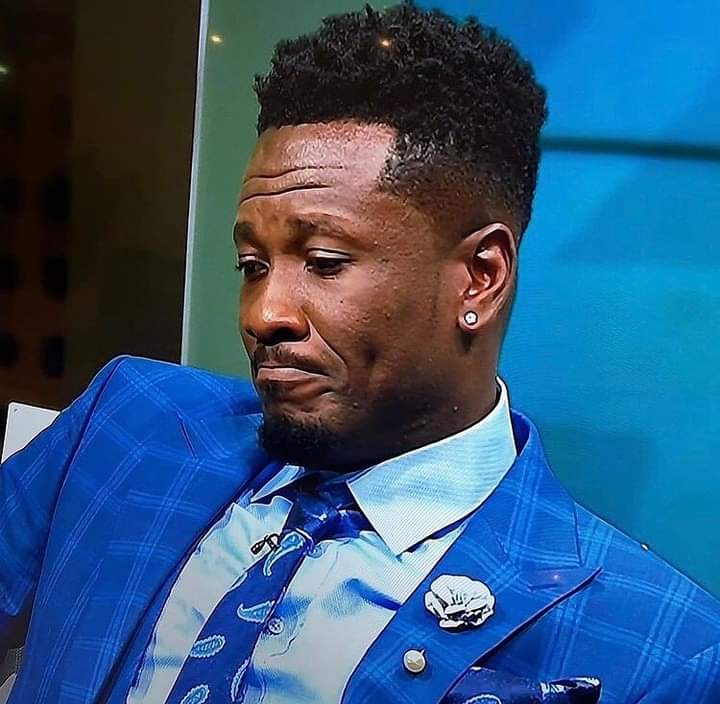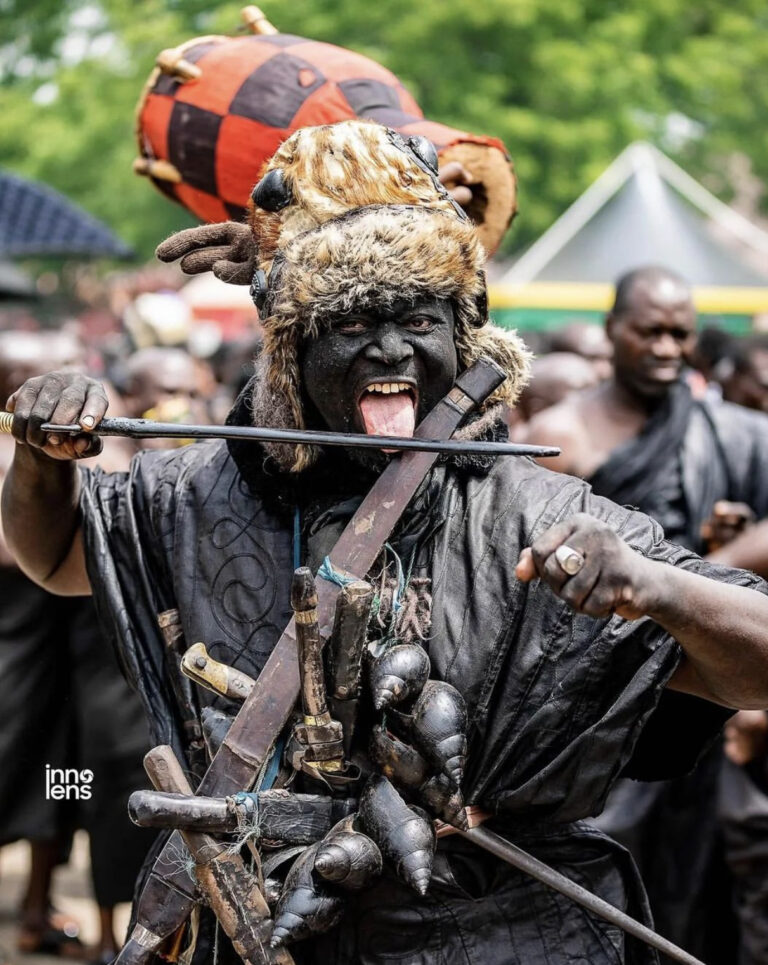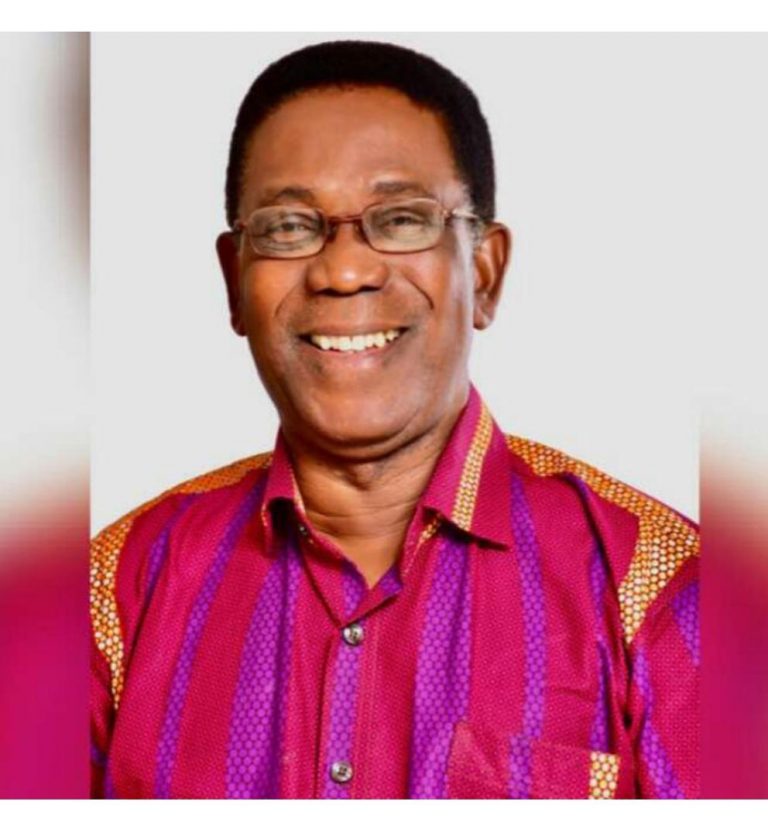Encounters with J B Danquah (Part 1) And Slices of Theater
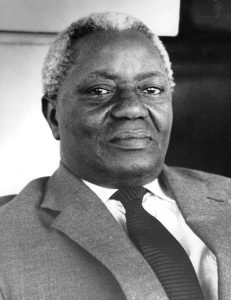
By Professor Kwesi Yankah
No, not really encounters with J. B. At the peak of J. B. Danquah’s career and political life as a lawyer, statesman, philosopher, nationalist, I wasn’t even an embryo. Born in 1895, J. B. Danquah was 14 years older than his arch political rival, Osagyefo Kwame Nkrumah. J. B. the Big Sixer whose research gave us the name Ghana at Independence, died at a fairly advanced age of 69, but could have lived longer.
In 1965, he dropped dead in Nkrumah’s prison, was bundled up, and somehow buried!
His close relations told me it was a very unusual funeral they held for the great nationalist: a funeral, where it was forbidden for the bereaved to cry or wail. On Nkrumah’s ousting in 1966, the National Liberation Council, N L C, the military junta that overthrew Nkrumah organized a more befitting state burial for J. B. Danquah where family and friends regained the freedom to sob.
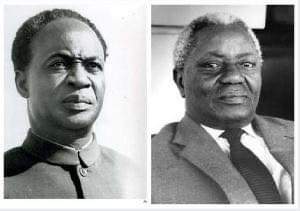
The Ghana Academy of Arts and Sciences, of which I have been Fellow since 1999, has an annual J. B. Danquah Memorial Lecture series, instituted in Danquah’s honor in 1968, after Nkrumah’s overthrow. J. B. Danquah was a foundation member of the Academy.
The Academy and a Mixed Bag
But the Ghana Academy itself, has over the years skilfully navigated an internal dilemma which could have smoldered, and dented its credibility as a foremost non-partisan think tank. That the Academy has grown from strength to strength since its founding in 1959, across a floundering political landscape, speaks to the maturity of its principled leadership and level- headed fellowship.
The Academy was founded in 1959 (originally as Ghana Academy of Science) by Osagyefo Dr Kwame Nkrumah, the first ever in post-independence Africa. Since it was established to be the bedrock of Ghana’s development agenda, its foundation membership was a variegated blend of distinguished celebrities: scholars, politicians, teachers, judges and other professionals. The foundation executive of the Ghana Academy included Kwame Nkrumah himself as Chairman, and the Queen’s representative, Prince Philip the Duke of Edinburgh, as foundation President. Prince Philip, now almost a centenarian was 39. Included among the foundation members was also a young brilliant scholar of Classics, Akwapim-born Alexander Anum Kwapong, later Vice Chancellor of University of Ghana. J. H. Kwabena Nketia, then a research fellow at the University College of Ghana, was also a foundation member. Until his death in 2019, Nketia was the last surviving foundation member.
Danquah and Niece, Susan
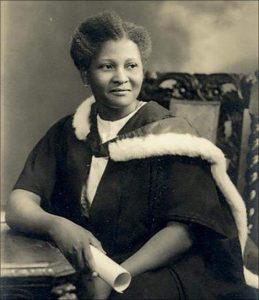
Significantly, Kwame Nkrumah also admitted as foundation member, his arch political rival, J.
B. Danquah, Barrister-at-Law, and a great scholar and statesman. Along with J B Danquah among the foundation members was incidentally the quiet presence of his niece, who had made Ghana proud: Susan Ofori Atta (later De Graft Johnson). Susan was a family health physician and paediatrician, and remarkably the first female physician of the Gold Coast. She was also the first Ghanaian female to have earned a university degree. Susan Ofori Atta, a pioneer Achimotan, was the niece of J. B. Danquah, sister of Paa William Ofori Atta, and daughter of Nana Sir Ofori Atta I, Okyehene. She was one of two women among the foundation members, the other being an ex-patriate.
Theater Unfolds
The co-presence of the two rival statesmen (Danquah and Nkrumah), in a Club 20 was ideal in the interest of peace and national development, but it ended up triggering a catalog of dilemma tales, that the great think tank has navigated over the years.
Two years after the Academy’s formation, the curtain lifted for a major drama to unfold. A quick turn of political events as from 1961 saw J. B. Danquah in two successive detentions under Kwame Nkrumah’s Preventive Detention Act, jailed without trial for subversion. In the second detention in 1964, Danquah had been implicated in an alleged assassination attempt on Nkrumah. J. B. Danquah eventually died in prison under circumstances that could have been avoided. His last letter to Nkrumah spoke of his failing health, with a plea for release to seek medical attention, which was declined.
In 1966, a year after Danquah’s demise, Kwame Nkrumah was overthrown in a military coup d’etat.
On Nkrumah’s overthrow two dramatic events played out at two related sites, the Ghana Academy of Arts and Sciences, and the University of Ghana. The Academy in an unprecedented move, dismissed Dr Kwame Nkrumah the Founder himself from the organization, due to the embarrassment he had brought to the Academy as a tyrant, but also for the atrocities his regime had meted out to J. B. Danquah, a fellow of the Academy, leading to his death.
The University of Ghana, at the time smarting under successive violations of academic freedom by Nkrumah’s Convention People’s Party (CPP), responded in parallel measure. Its Governing Council openly placed on record the University’s immense gratitude to the gallant men of the Ghana army and police, for Nkrumah’s overthrow. The University then took the opportunity to purge itself on Nkrumaist ideologues in their midst.
But the vagaries of political events in Ghana over time compelled the Ghana Academy to subsequently navigate its way out of the conundrum, and assume a higher order of neutrality.
The Color of Intellectuals
I was elected to fellowship of the Ghana Academy in 1999, and never noticed the Academy in any specific political or ideological robes. Election to membership has been strictly on the basis of academic or professional merit. Even where a fellow’s political or partisan leaning is no secret, this has in no way influenced the Academy’s executive decisions. It has therefore been possible within the Academy to have a blend of various political ideologues. Indeed since 1983, Professor Francis Nkrumah son of Dr Kwame Nkrumah has been a fellow of the Academy accommodating the J. B. Danquah Memorial lecture series, which was established in honor of his father’s arch political opponent.
Professor Ivan Addae-Mensah, who from 1979 had been General Secretary to Hilla Limann’s People National Convention, PNC, an offshoot of Nkrumah’s CPP, in the year 2000 gave a stimulating lecture on the platform of the J. B. Danquah Memorial lecture series. In 2002 Ivan, a hard core Nkrumaist became Vice President for the Sciences, with Professor Kwame Gyekye as Vice President for the Humanities, Nana Dr S K B Asante as President, and yours truly as Honorary Secretary.
Scholars from the Danquah-Busia tradition, both fellows and non-fellows, have also freely disseminated knowledge on the Academy’s Danquah memorial platforms. Professor Albert Adu Boahen, an incurable Danquah-Busia advocate and scholar, and fellow of the Academy in 1988 broke a lingering culture of silence in Ghana during the PNDC days, using the now famous J. B. Danquah Memorial lecture platform. That lecture mounted a searing critique of the Rawlings’ PNDC, and was nearly marred by an angry riposte from the Chief of Defense Staff of the Ghana Armed Forces, then sitting on the front row at the public lecture.
But the J B Danquah Memorial lectures have also been utilized by fellows or invited speakers to further project the personality and ideals of J B. Danquah himself. In 1974, two years into the military rule of Kutu Acheampong which overthrew the Busia-Danquah group (Progress Party), Joe Appiah, a famous politician who at the time had joined Nkrumah’s opponents, spoke without qualms on “The Man J. B. Danquah” from the platform. Professor Bediako in 2004, gave a splendid lecture from the same site examining the intellectual legacy of J. B Danquah; and in more recent times (2020), Lade Wosornu, a new fellow gave a talk on, “Dr J.B. Danquah: Unfinished Business in Voices from Behind the Bars,” using the same platform in 2020.
Interestingly, William Ofori Attah Paa Willie, a member of the Big Six was in 1985 an invited speaker on the J. B Danquah platform. He spoke on, “Ghana, A Nation in Crisis.”
In all such events, individual speakers, and not the Academy, have taken full responsibility for the content of their lectures. As a pre-cautionary step, however, the synopsis of every activity goes through prior approval by a standing committee.
Reparations
Over the years though, the Ghana Academy of Arts and Sciences has made two major moves to more publicly assert its political neutrality, as well as redeem Nkrumah’s compromised image within the Academy. In the early 1990s, 25 years after dismissing Nkrumah, the Academy posthumously restored Nkrumah’s membership of the Academy. Kwame Nkrumah was back as a Fellow of the Academy, his name fully restored in the register of fellows (past and present). Ten years thereafter in 2003, the redemption deal was sealed when the Academy introduced an annual Kwame Nkrumah Memorial Lecture series, to balance off the J. B. Danquah Memorial lectures. This new development has been incorporated within the Academy’s Founders week celebrations scheduled for November.
Speakers on the Kwame Nkrumah Memorial Platform, since the series started in 2003 include Prof Alexander Kwapong, Prof Akilagpa Sawyerr, Professor JH Nketia, Professor Leticia Obeng, Professor Ernest Aryeetey, and Most Reverend Dr Peter Akwasi Sarpong, who in 2020 gave a lecture on ‘Building a lasting democratic culture through the exercise of political and religious tolerance.’
Indeed, most of the speakers have also given lectures on the J B. Danquah platform.
My special heritage series on encounters with the Big Six, concludes with my final episode coming.
Signed,
Prof Kwesi Yankah
Former Minister of State, Tertiary Education
